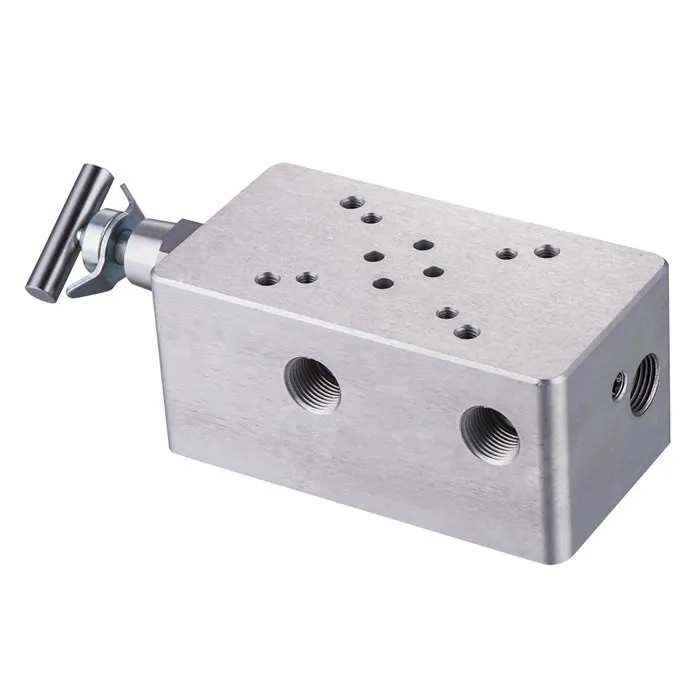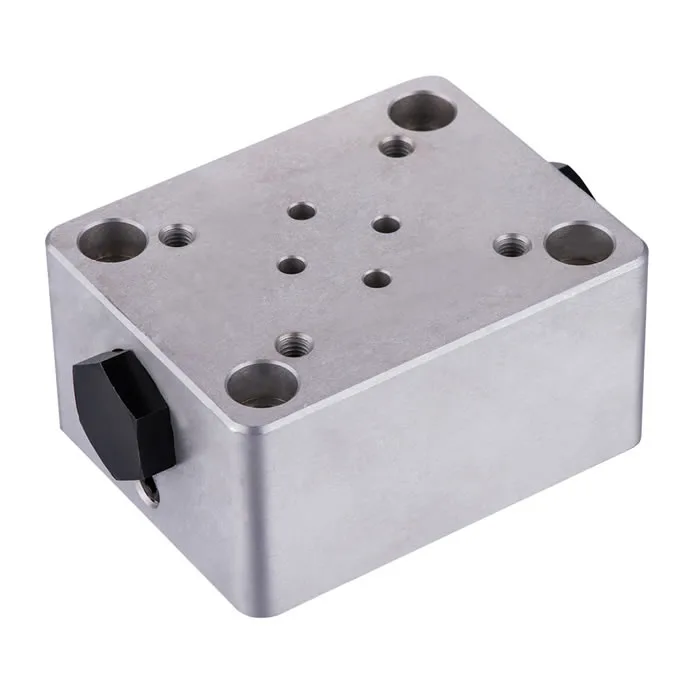How to Select a Hydraulic Valve Block That Matches Your System Requirements
Choosing the correct hydraulic valve block is a vital decision in any Hydraulic System design.
An unsuitable valve block can lead to performance issues, increased wear and tear, and even serious safety hazards.
To ensure optimal system operation, the hydraulic valve block must be carefully selected based on your application’s unique requirements.

Why the Right Hydraulic Valve Block Matters
A hydraulic valve block serves as the central control point for directing fluid through various parts of a hydraulic system. It is responsible for regulating flow, controlling pressure, and ensuring that multiple functions operate correctly. Selecting the wrong block can result in inefficient operation or even complete system failure.
Key Factors to Consider
1. Pressure Rating
The pressure rating of a hydraulic valve block must match or exceed the maximum system pressure. Exceeding the block’s limits can result in leakage, component damage, or system failure. Always check both continuous and peak pressure ratings.
2. Flow Rate Requirements
The valve block must be capable of handling the required flow rate, typically measured in GPM (gallons per minute). If the flow rate is too high for the block, it may cause overheating, excessive wear, and inefficient performance.
3. Number of Control Functions
Identify how many individual operations your system needs. Each function may require a separate valve, so the block must be designed with the correct number of ports and internal channels to accommodate this.
4. Actuation Methods
Determine how the valves will be actuated—options include manual levers, hydraulic pilot signals, or electric solenoids. Choosing the appropriate actuation method ensures both efficiency and control precision in your system.
5. Environmental Conditions
hydraulic systems may operate in harsh environments. Consider exposure to high or low temperatures, corrosive chemicals, water, dust, or other contaminants. Material selection and protective coatings can make a difference in long-term reliability.
6. Port Sizes and Layout
The valve block’s port sizes must match the hoses, fittings, and valves used in your existing system. A mismatch can cause flow restrictions or connection failures.
7. Material of Construction
Most valve blocks are made of steel or aluminum.
Steel is known for its durability and high-pressure capability, while aluminum offers lightweight benefits and easier handling. Choose based on system demands and environmental exposure.
V Series Control Valves
Tailored Valve Block Solutions from Ningbo SAIVS Machinery
At Ningbo Saivs Machinery Co., Ltd., we specialize in customized hydraulic valve block solutions. Whether you need a compact aluminum block for mobile applications or a heavy-duty steel block for industrial use, our engineering team ensures every unit is designed to meet your exact specifications.
All our products undergo strict quality control and testing to ensure performance, safety, and durability. We also support OEM/ODM solutions, fast lead times, and competitive factory pricing—making us a trusted partner in the global hydraulic market.
Contact Us to Get a Free Quote
If you are looking for a reliable hydraulic valve block manufacturer in China, Ningbo Saivs Machinery Co., Ltd. is your go-to supplier. Contact our technical team today to discuss your project requirements and g
Why Choose SAIVS™ as Your Supplier?
With 20 years of industry experience, SAIVS is a leading Chinese manufacturer of high-quality tools, offering competitive pricing and excellent customer service.We pride ourselves on exceptional quality control, extensive experience, and comprehensive after-sales service.
